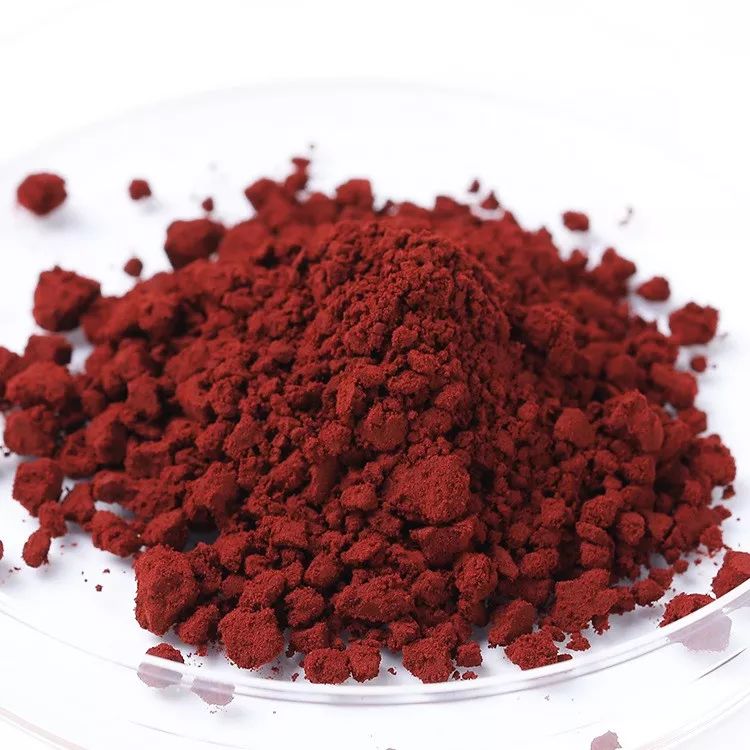What Effects of astaxanthin on salmon fish color and egg yolk color?

Astaxanthin is a carotenoid pigment that is naturally found in certain seafood, such as salmon, as well as in some algae and yeast. It is commonly used as a dietary supplement for both humans and animals due to its potential health benefits.
In salmon, astaxanthin is responsible for the characteristic pink-orange color of their flesh. The pigment is transferred to the fish through their diet of krill and other small marine animals that consume astaxanthin-rich algae. In aquaculture, astaxanthin is often added to the feed of farmed salmon to enhance their color and improve their marketability.
**astaxanthin supplier ** provide it has gained popularity in pet nutrition, particularly in dog food formulations, due to its potential health benefits for our canine companions.
Studies have shown that astaxanthin supplementation in the diet of farmed salmon can significantly increase the color intensity of their flesh, as well as improve their texture and flavor. The amount of astaxanthin needed to achieve a desired color varies depending on the type of feed used, the size and age of the fish, and other factors.
Astaxanthin**astaxanthin supplier ** can also be used to enhance the color of egg yolks in poultry. Similar to its effects on salmon flesh, astaxanthin supplementation in the diet of chickens can result in more vibrant, orange-colored egg yolks. However, the amount of astaxanthin needed to achieve this effect is much lower than in salmon, typically around 6-8 mg per kg of feed.
It's worth noting that while astaxanthin is generally considered safe for human consumption, excessive consumption may cause adverse effects such as gastrointestinal upset and skin discoloration. As with any dietary supplement, it's important to follow recommended dosages and consult with a healthcare provider before use.
In addition to its effects on color, astaxanthin has been studied for its potential health benefits. It is a powerful antioxidant, which means it can help protect cells from damage caused by free radicals. Some research has suggested that astaxanthin may have anti-inflammatory effects, improve immune function, and reduce the risk of chronic diseases such as heart disease and certain types of cancer.
Astaxanthin has also been studied for its potential benefits for skin health. Because it is a potent antioxidant, it may help protect skin cells from damage caused by UV radiation and other environmental stressors. Some studies have suggested that astaxanthin supplements may help improve skin elasticity and reduce the appearance of fine lines and wrinkles.
It's important to note that while there is some evidence to support the potential health benefits of astaxanthin, more research is needed to fully understand its effects. As with any dietary supplement, it's important to talk to a healthcare provider before adding astaxanthin to your regimen.
In terms of sourcing astaxanthin, it can be found naturally in some seafood, such as salmon and shrimp. It is also available as a dietary supplement in the form of capsules or softgels. When selecting a supplement, look for a reputable brand that uses high-quality sources of astaxanthin and follows good manufacturing practices.

